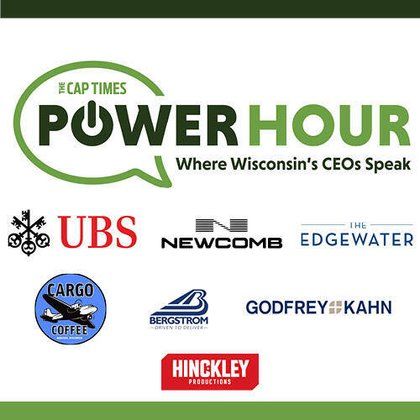This disorder is characterized by the premature fusion of babies’ skull bones, which can require surgery to correct if not caught early enough. Ordinarily, the fibrous connective structure between these bones remain flexible, allowing the skull to grow along with the brain.
The startup’s technology is designed to identify the disorder in time to prevent the need for surgical intervention, by identifying the cranial “abnormalities” more accurately than physical exams. If the condition isn’t identified within four months, “it’s twice as likely” that a late referral will require open surgery, according to a release.
While still in development, the app will be made available for pediatricians as well as parents and other users.
It was created by a team that includes plastic surgeons and others, and the company is led by Dr. Daniel Cho, an assistant professor with the UW-Madison School of Medicine and Public Health’s Department of Surgery. His work aims to help infants and children with craniofacial deformities, including cleft lip and palate, jaw and facial tumors, facial trauma and more.
He represented the company as one of 13 contest finalists during the Wisconsin Technology Council’s Wisconsin Entrepreneurs’ Conference in Milwaukee. While CranioSure was the grand prize winner for the 21st annual contest, the Tech Council has also named category winners that excelled within their area of focus.
The winner of the advanced manufacturing category, Madison-based Spraycision, has an agricultural sensor system used in orchards. Using a laser-guided system, the company can retrofit existing chemical treatment sprayers to automatically target tree canopies, lowering costs and using less water and fuel.
Meanwhile, a Pewaukee company called Rockhopper Ice Collective won the business services category for its ice machine technology, which gives customers more options for the type of ice they order in their drinks.
And for the information technology category, Dodgeville-based Scriptive won with its creative writing platform called WriteStories. It’s designed for use by elementary school students, giving kids more freedom to tell their own stories using existing picture book templates.





